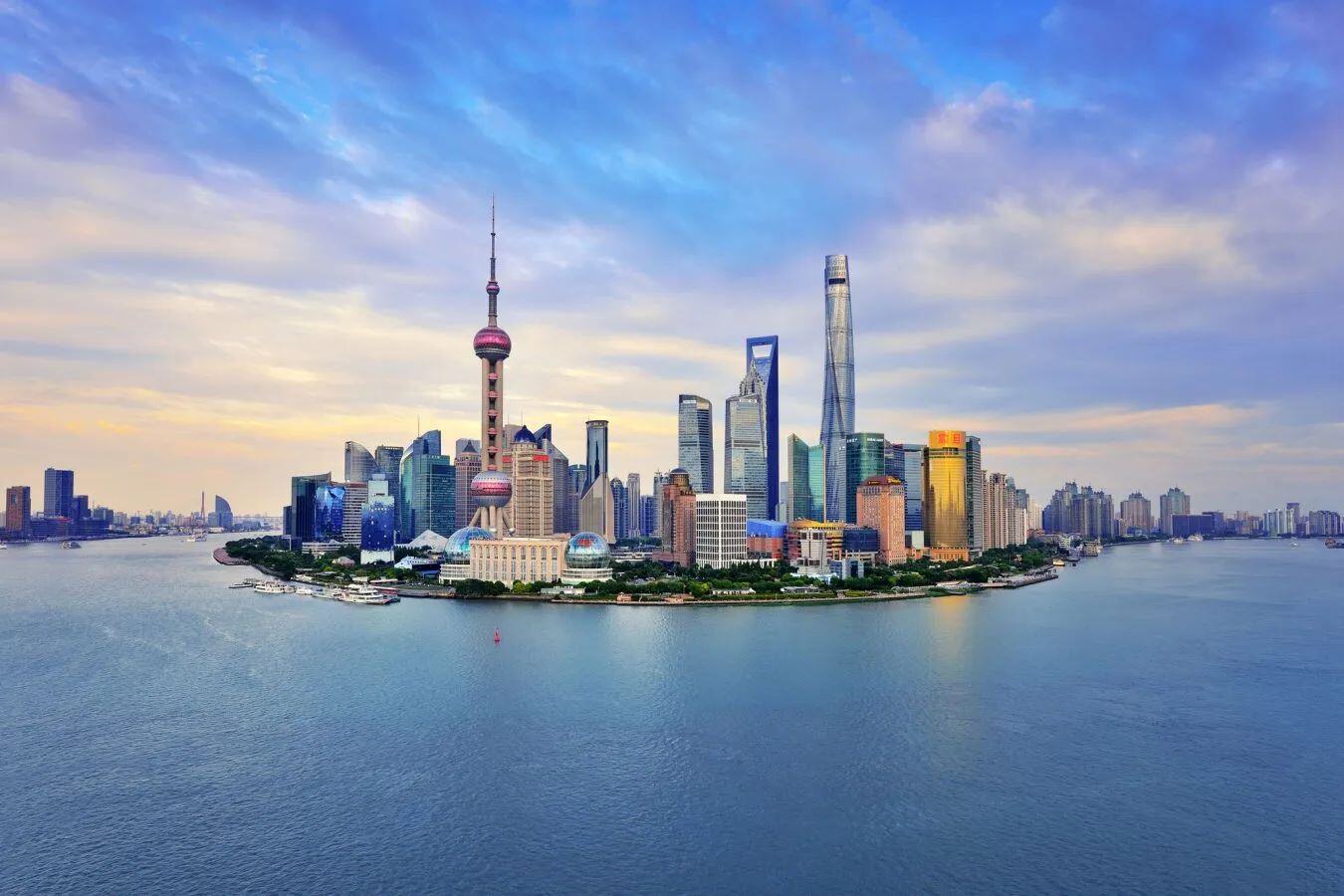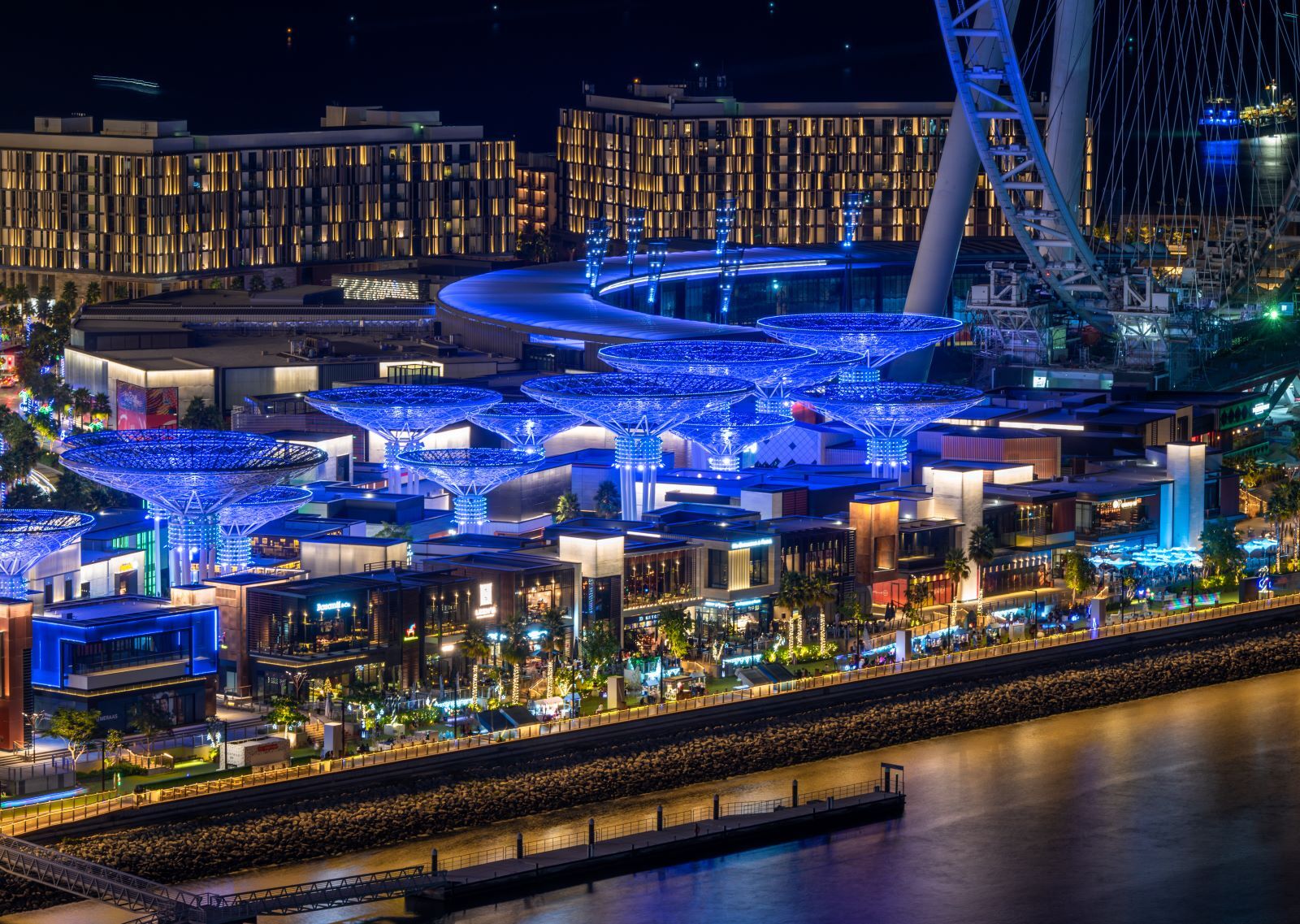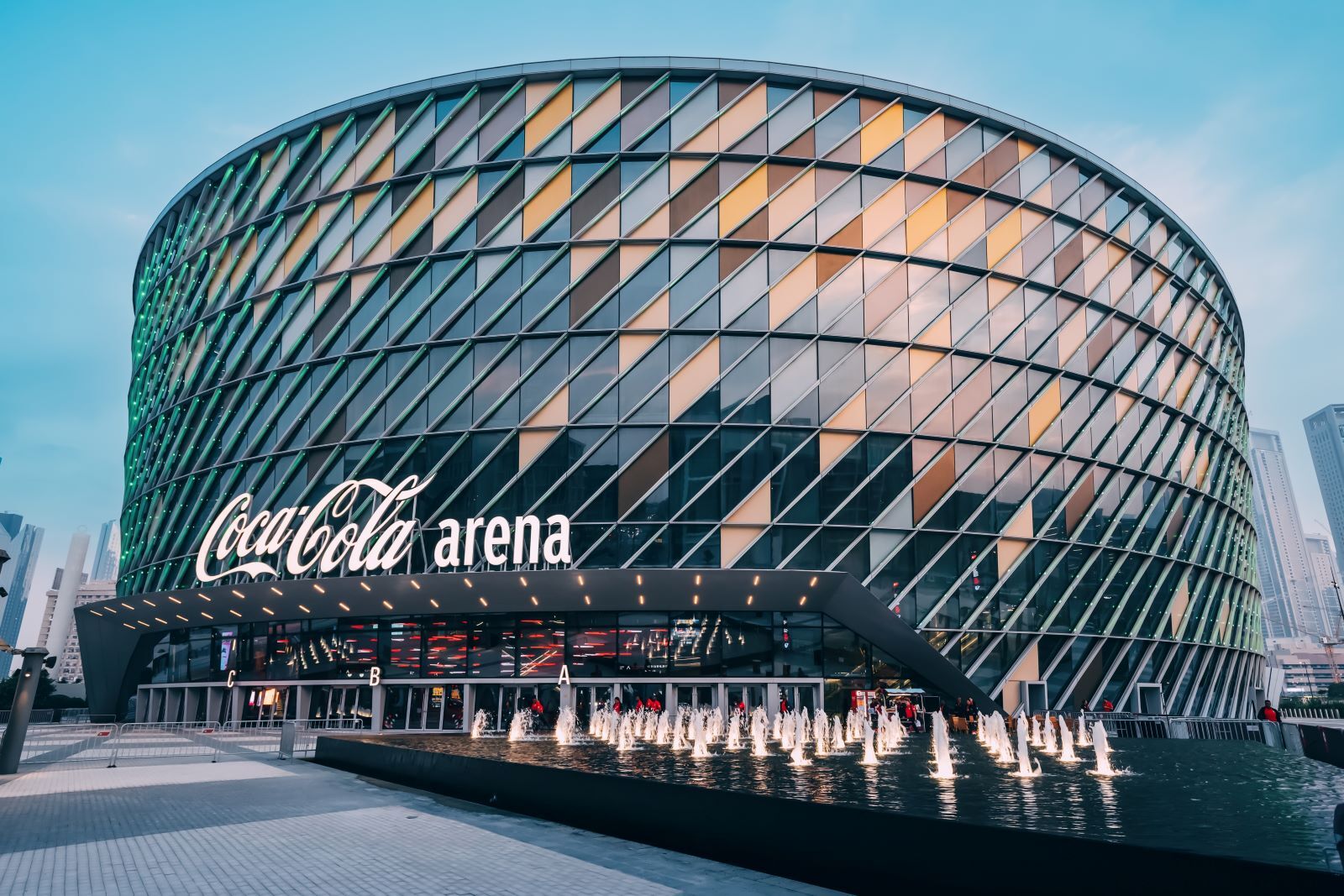The World's Richest Cities
Published: 25 October 2024
Some carry rich histories, royalty and unquestionable prestige, others have modernised at lightspeed and become financial hotspots. But a few places around the world have perfected the recipe of vibrant lifestyles, economic centricity, standard of living, local heritage and thoughtfully designed amenities in one place, to emerge as the world’s richest cities, drawing HNWI and UHNWIs from around the globe to relocate.
The following list builds on wealth studies and surveys, including Henley & Partners' World's Wealthiest Cities Report, to highlight the richest cities and what contributes to their wealthy status.

New York City
New York City leads the world in terms of wealth – the city is home to 349,500 millionaires, 744 centimillionaires, and 60 billionaires. The overall wealth of its citizens exceeds $3 trillion. This is primarily driven by the finance industry. Wall Street, home to the New York Stock Exchange and Nasdaq, is the city's economic backbone. The city's prime real estate market, particularly on Fifth Avenue, reflects its economic status, with prices exceeding $27,000 per square metre. Media, real estate, and technology all contribute to New York's economy, reinforcing its position at the top.
New York will expand into the technology and banking sectors. With increased investments in fintech and artificial intelligence, the city's wealth concentration will stay strong, while luxury real estate development continues to draw worldwide investors.
San Francisco Bay Area
The Bay Area, which includes Silicon Valley, is second in the worldwide richest rankings, home to 305,700 millionaires, 675 centimillionaires, and 68 billionaires. Over the last ten years, the region's millionaire population has increased by 82%. This wealth comes from the technology sector, which includes businesses like Apple, Google, and Meta. Silicon Valley continues to lead technological development, generating substantial wealth.
Bay Area will remain a focal point for innovation, focusing on artificial intelligence and green technologies. This will help maintain its economic dominance, while also attracting tech entrepreneurs and capital from around the world.
Tokyo
With 298,300 millionaires and 250 centimillionaires, Tokyo ranks as the third richest. The city's wealth population has decreased by 5% in the last decade, yet it remains an important economic city in Asia. Tokyo's economy is reliant on technology and manufacturing, with headquarters for companies such as Sony, Mitsubishi, and Honda. The wealth in the city is evenly distributed in a way that supports a large proportion of the middle class.
Tokyo plans to enhance its prominence as a worldwide tech and finance centre in 2025, while also tackling challenges of population ageing and wealth distribution.
Singapore
Singapore is listed as fourth, with 244,800 millionaires, 336 centimillionaires, and 30 billionaires. Over the last decade, its affluent population has grown by 64%. Singapore's growth is supported by pro-business policies and financial services industry. In 2023 alone, 3,400 millionaires relocated to the city, highlighting its popularity as a high-net-worth destination. Singapore also plays an important role in global wealth management.
Singapore's financial leadership position will be strengthened further in 2025. Plans include developing the digital economy while maintaining its appeal to global investors through favourable tax policies.
London
London, currently in fifth place, is home to 227,000 millionaires, 370 centimillionaires, and 35 billionaires. While its wealthy population has fallen by 10% in the last decade, London remains Europe's wealthiest city. The financial sector in areas such as Canary Wharf and the City of London continues to attract international investors. Real estate in Mayfair and Knightsbridge is among the most expensive in the world, highlighting London's financial success.
In 2025, London will prioritise adapting to the post-Brexit landscape. To maintain its worldwide stature, the city plans to develop its financial services sector and negotiate new trade deals.
Los Angeles
With 212,100 millionaires, 496 centimillionaires, and 43 billionaires, Los Angeles’; wealth comes from the entertainment industry, with Hollywood at its core. Real estate in Beverly Hills and Malibu is also among the priciest in the United States. Los Angeles’ economy also benefits from its growing tech and media sectors. In recent years, the city’s millionaire population has grown by 45%.
In 2025 Los Angeles will develop its technology and real estate industries while maintaining its entertainment industries through growth in digital media and streaming services.
Paris
Paris has 165,000 millionaires and 30 billionaires, a popular location for high-net-worth individuals thanks to its global reputation in the fashion and luxury goods industry, which includes companies such as LVMH and Chanel. The city's economy is also supported through the growth of sectors in technology and finance, which add to its cultural and economic appeal.
Paris plans to increase its focus on technology and green energy while continuing to rely on its luxury industries to attract global investors.
Sydney
Over the last decade, Sydney's wealthy population has grown by 34% and includes 147,000 millionaires, 205 centimillionaires, and 20 billionaires Real estate, banking, and tourism are major factors of Sydney’s economic growth. The city’s upscale residential areas – Point Piper, Bellevue Hill, Darling Point, Vaucluse, and Mosman – are known for attracting wealthy individuals from around the world.
Sydney aims to strengthen its financial and tourism sectors, with significant investments in sustainable infrastructure and smart city technologies to continue its economic expansion.
Hong Kong
Despite recent political and economic setbacks, Hong Kong remains a significant financial base in Asia, with 129,500 millionaires, 290 centimillionaires, and its Stock Exchange as one of the largest in the world. While growth has slowed, Hong Kong’s wealth remains stable, keeping it among the world’s richest cities.
In 2025, Hong Kong will focus on retaining its financial leadership in the face of geopolitical concerns, with the goal of encouraging fintech innovation and improving cross-border finance efforts with mainland China.
Beijing
Beijing breaks into the top ten for the first time, with 128,200 millionaires and 354 centimillionaires. The city's wealth increased by 90% in the last decade. Beijing is home to large enterprises such as Alibaba and JD.com, which are notable for contributing to China's wealth creation. The increasing number of billionaires demonstrates its growing relevance on a worldwide scale.
Beijing will continue to draw global investment in 2025, with a focus on advanced manufacturing, technology, and clean energy.
Monaco
Though Monaco does not rank in the top ten, it holds the title for the highest wealth per capita. Over 40% of Monaco’s residents are millionaires, with average wealth exceeding $20 million per person. Its tax policies and luxury lifestyle attract the rich, especially from finance and sports. Real estate prices in Monaco are the highest in the world, at over $35,000 per square metre. Events like the Monaco Grand Prix and its Mediterranean setting continue to draw the global elite.
Dubai – The Rising City of the Riches
Dubai has drawn in 6,700 millionaires in 2024 alone. This influx is largely due to tax-friendly policies, political stability, and its prime location for business and tourism. High-net-worth individuals consider Dubai for its financial benefits, its modern infrastructure, and high standards of living, making it a perfect location for foreign enterprises and entrepreneurs to establish their businesses. As the world's sixth-largest exporter of oil, gas, and gold, Dubai's economy is further supported by tourism, with 20 million visitors contributing 11.6% of GDP. By 2030, Dubai aims to secure $150 billion in international investment, cementing its position as one of the world's wealthiest cities.
The Impact of Wealth on Cities
While wealthy cities drive innovation, job creation, and global economic activity, they bring about rising property prices and inequality. Urban areas must balance the benefits of attracting wealthy residents with addressing issues like affordability and social equity. The world's wealthiest cities have an impact on cultural, technological, and social advances in addition to driving economic growth. The balance between economic success and liveability will determine the future fate of these cities.



